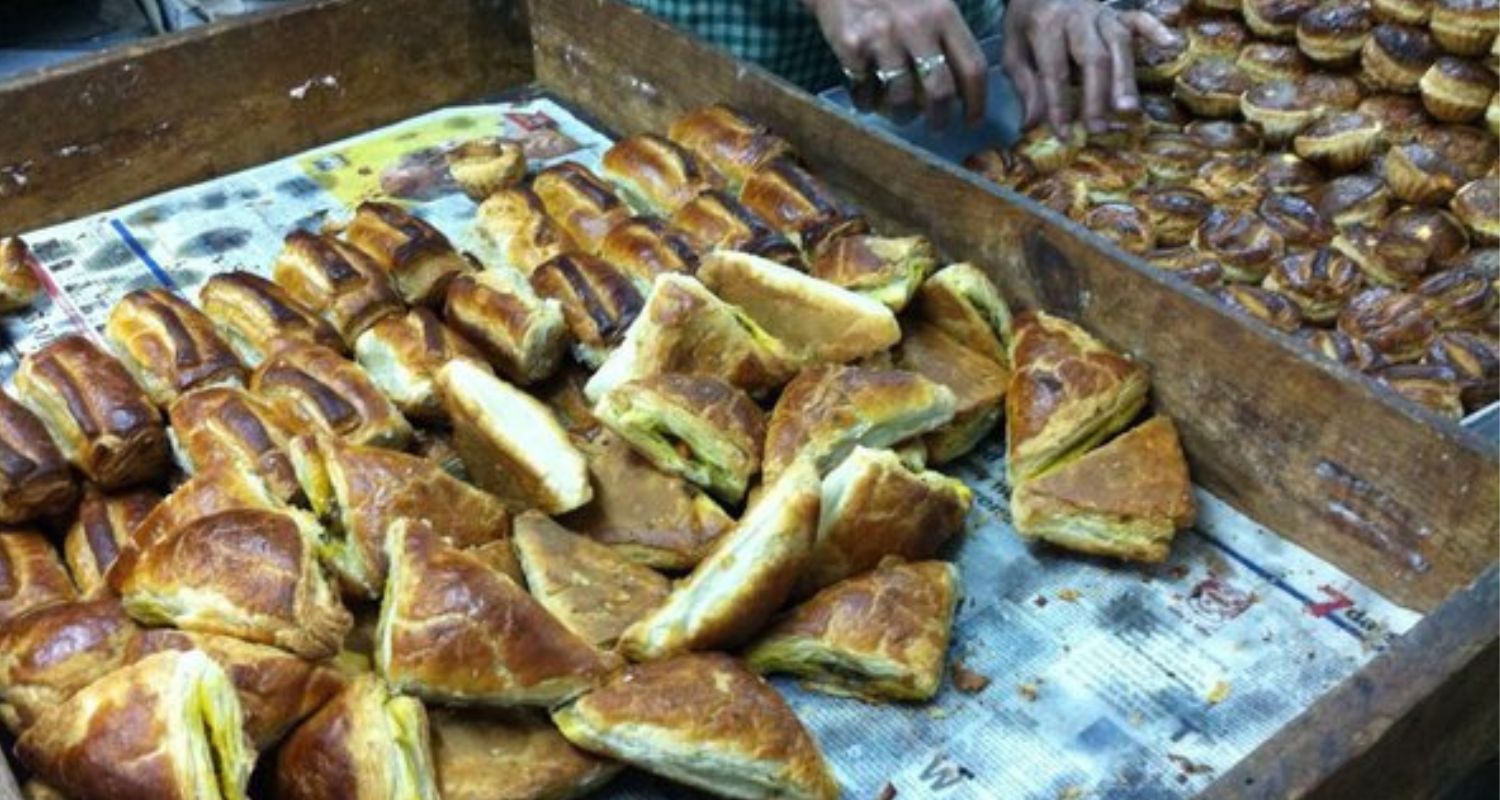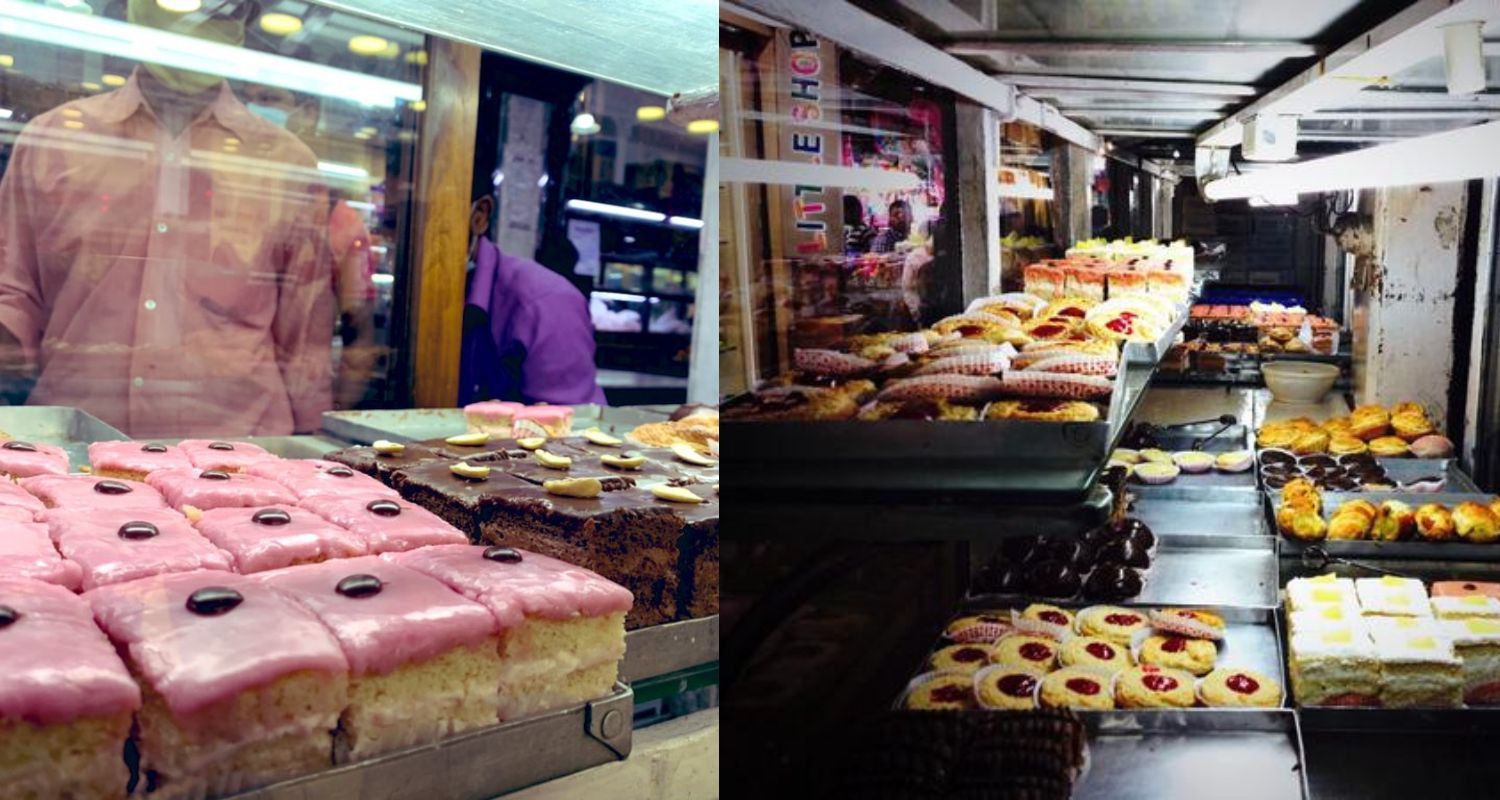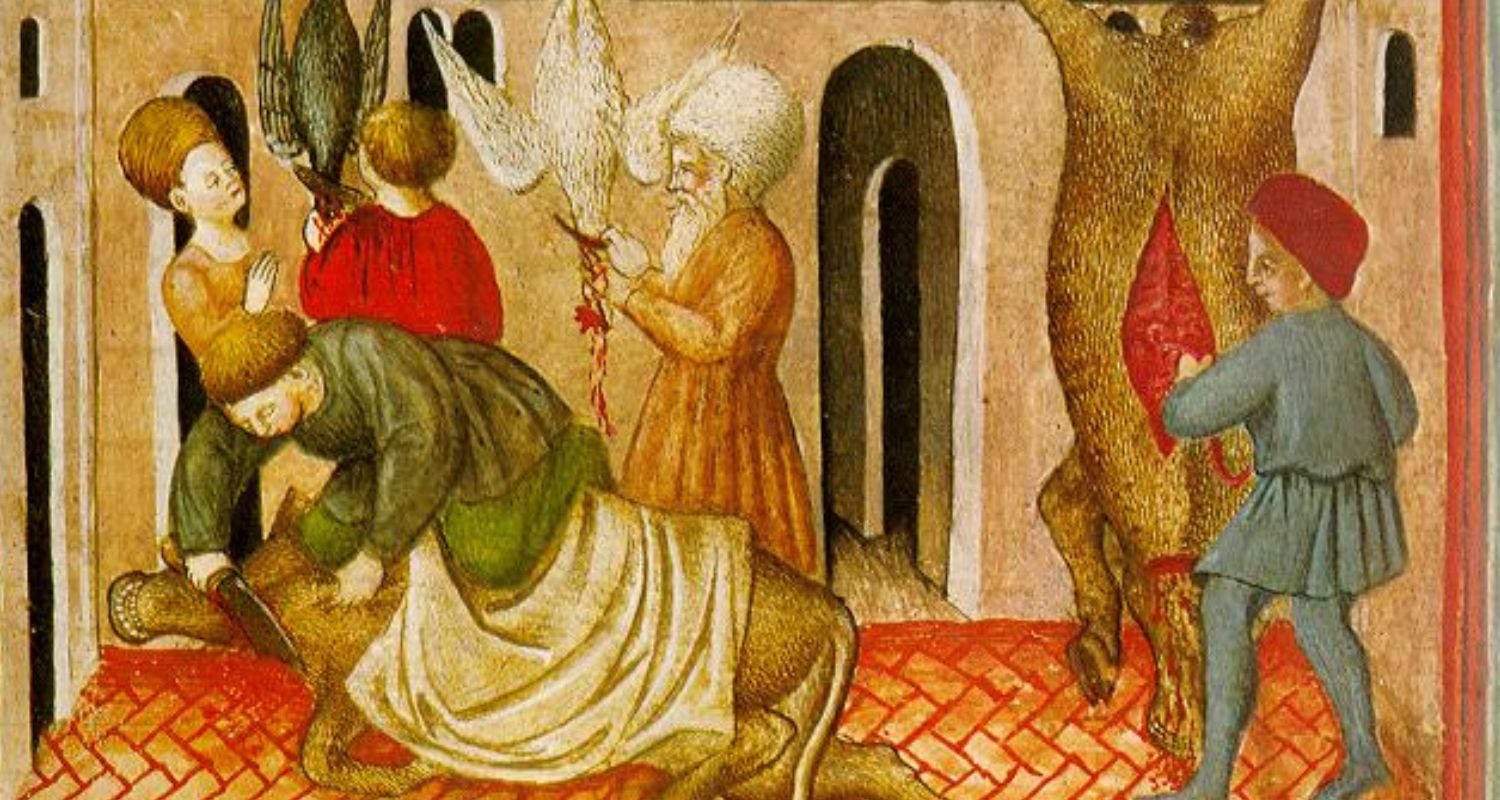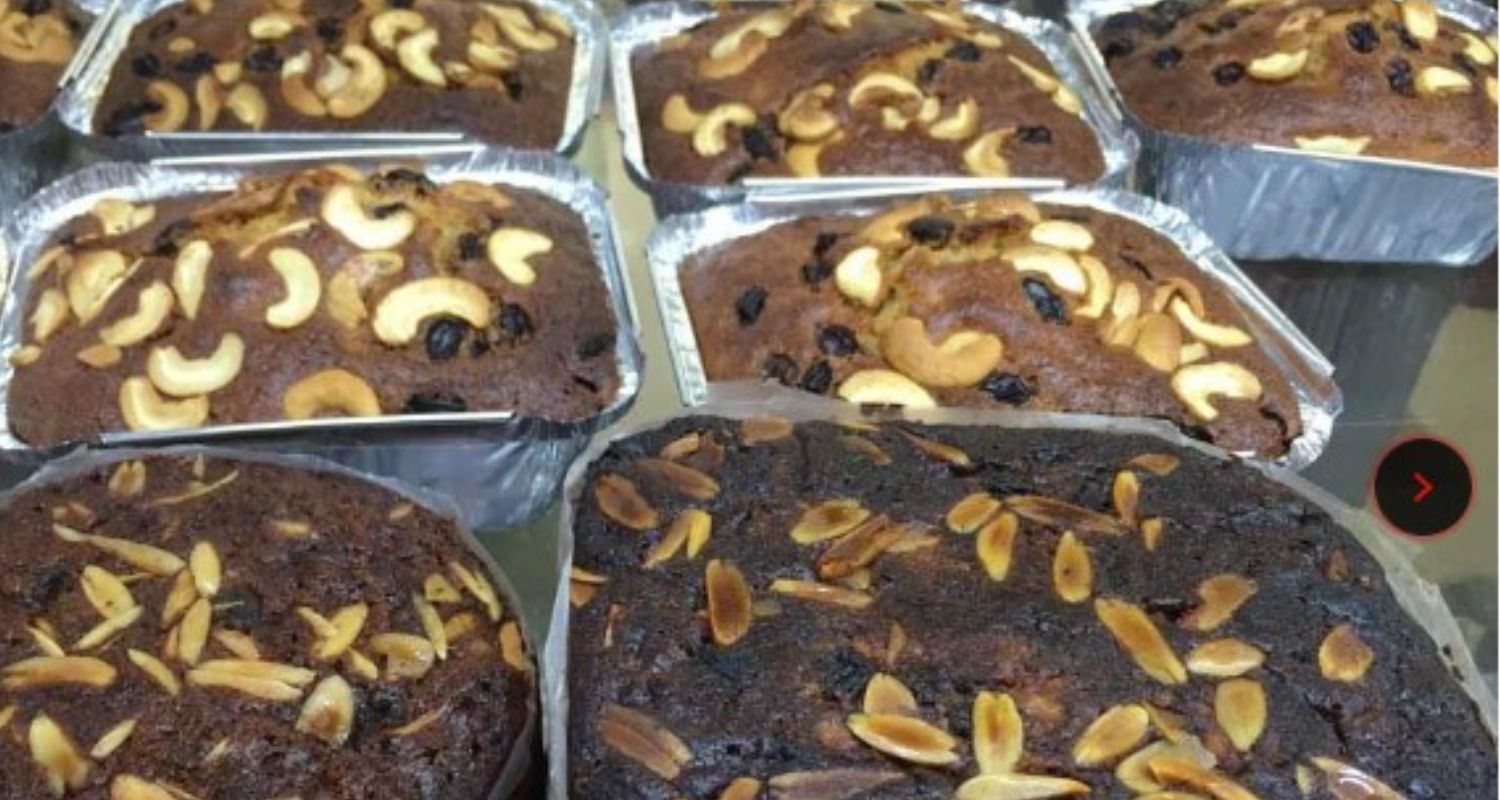Trending:
India's 122-yr-old Jewish bakery stops making chicken patty
Nahoum & Sons, situated in Kolkata, takes of chicken patty from its menu owing to unavailability of meat that meets specific Jewish religious standards for slaughter.News Arena Network - Kolkata - UPDATED: July 31, 2024, 05:48 PM - 2 min read

Outdoor of Nahoum & Sons situated at New Market area of Kolkata, West Bengal. (Image via X).
Nahoum situated at the heart of Kolkata is known for its ability to blur religious lines made by humans.
The 122-year-old Nahoum & Sons bakery was started and owned by Jews, which has Muslim bakers, where Christians and Hindus line up in huge numbers to relish its delicacies.
Nahoum’s Bakery remains a symbol of Kolkata’s rich culinary history, adapting to uphold its traditions amidst evolving challenges.
The jews bakery, which is a cherished part of the city’s confectionery heritage, is in the news for a recent development to remove chicken items from its menu citing challenges in sourcing the poultry meat that meets specific Jewish religious standards for slaughter.
Iconic Nahoum, inseparable from Kolkata’s historic New Market, ceased preparing their beloved fluffy chicken patty— a long-time favourite.

The decision stemmed from the difficulty in obtaining Kosher chicken, which is slaughtered in a prescribed manner not readily available in a city where most vendors use a different method.
Nahoum spokesperson Jagadish Chandra Haldar said that the directive came from Israel-based fourth generation owner Adam Nahoum.
“Owing to the unavailability of Kosher chicken, we have discontinued selling chicken items,” he said.
This decision was communicated in January and has been gradually implemented, including closing the bakery on Saturdays in adherence to Jewish traditions, he added.
According to an employee, the shop has been ordered to remain shut every Saturday (Shabbath) as it is a rest day for Jews.
Despite this change, the bakery will continue to offer its renowned cakes and pastries.

Anyone who happens to visit New Market in the evening hardly forgot to purchase the fresh, hot chicken patty, a sought-after delicacy alongside their famous fruit cakes.
Bustling crowd at the bakery will reminisce, grabbing a bite of the soft, flaky and fluffy chicken patty.
Other iconic delicacies include fish pantras, walnut brownies, khalla bread, date babas and caca rings have not only managed to survive the ravages of time, but continue to be a hit with customers. Needless to say that these are a must try at the century-old bakery.
Other top treats include brownie, macaroons, chocolate fudge and jam tarts. Do not forget to try the tuna sandwich when in the city of joy.
What is Kosher meat?
In Hebrew, ‘kosher’ means fit or proper. Kosher food is any food fit for consumption by Jewish people.
The laws of kosher define which foods a person can and cannot eat, and also how they should produce and handle certain foods. The laws also state which combinations of foods people should avoid.
The Torah, the first part of the Jewish bible, lays the foundations of kosher dietary laws. Practising Jews believe that following a kosher diet is God’s will.
The rules of kosher define what a Jewish person is allowed to eat, how they must prepare certain foods, and what foods they are allowed to combine with other foods.
For meat to be considered kosher, a person needs to slaughter it in a specific manner, known as shechita. A certified person, known as a shochet, should carry out the slaughter.

People can only eat the forequarters of permitted animals, and they should soak the meat before eating to remove all traces of blood.
One of the most important rules of kosher is that a person should never eat meat and dairy together. In strict kosher kitchens, separate utensils for meat and dairy products are used, which are not washed in the same water, to avoid cross-contamination.
Combining meat and food also applies within the body. After eating meat, it is customary to wait until the next meal before eating dairy, and vice versa.
Pareve foods — any foods that are neither meat nor dairy, including fish, eggs, and plant-based foods — are considered neutral, so a person can combine these with either meat or dairy. The only exception is fish, which is pareve, but people cannot eat these with meat.
Also, if a pareve food preparation uses the same equipment as meat or dairy, it should be reclassified as meat or dairy.
Wine plays an important role in many Jewish religious occasions. In addition, anyone involved in making kosher wine must be a practising Jew.
Origin of Nahoum & Sons
One of the renowned bakeries of Kolkata was founded in 1902 by a Jewish gentleman Nahoum Israel Mordecai, a Baghdadi Jew, moved to Kolkata and started his bakery business by selling baked goods and cheese door-to-door. As the business grew, the bakery was formed and within a decade it went on to become Kolkata’s most well-known bakery.
It was even famous with the colonial rulers. In 1916 the bakery moved to its present location. Interestingly, even a century later, the bakery has not opted for a makeover and continues to run from its age-old joint.
Display of its goodies such as baklava, almond fudge cake, coconut and cheese samosas are enough to tickle your taste buds.
After Israel, his son Elias took over and then David took the reins.
An engineer by training, David didn’t show any great interest in the business initially. But eventually, he dedicated his time and focus to the development of the bakery by ensuring that the quality of the products being sold did not take a downward shift.

At present, the rights of the Nahoum & Sons is with Adam Nahoum, who is the fourth-generation owner of Nahoum and Sons, which was established by his great-grandfather Nahoum Israel Mordecai.
Adam Nahoum, who lives in Israel, pays frequent visits to the city for a vacation.
To add to the bakery's glory, Christmas is not complete without Nahoum’s Plum Cake in Kolkata. With a list of satisfied customers including the likes of many notable personalities, which includes Sourav Ganguly, the Nahoum’s is a must try.
